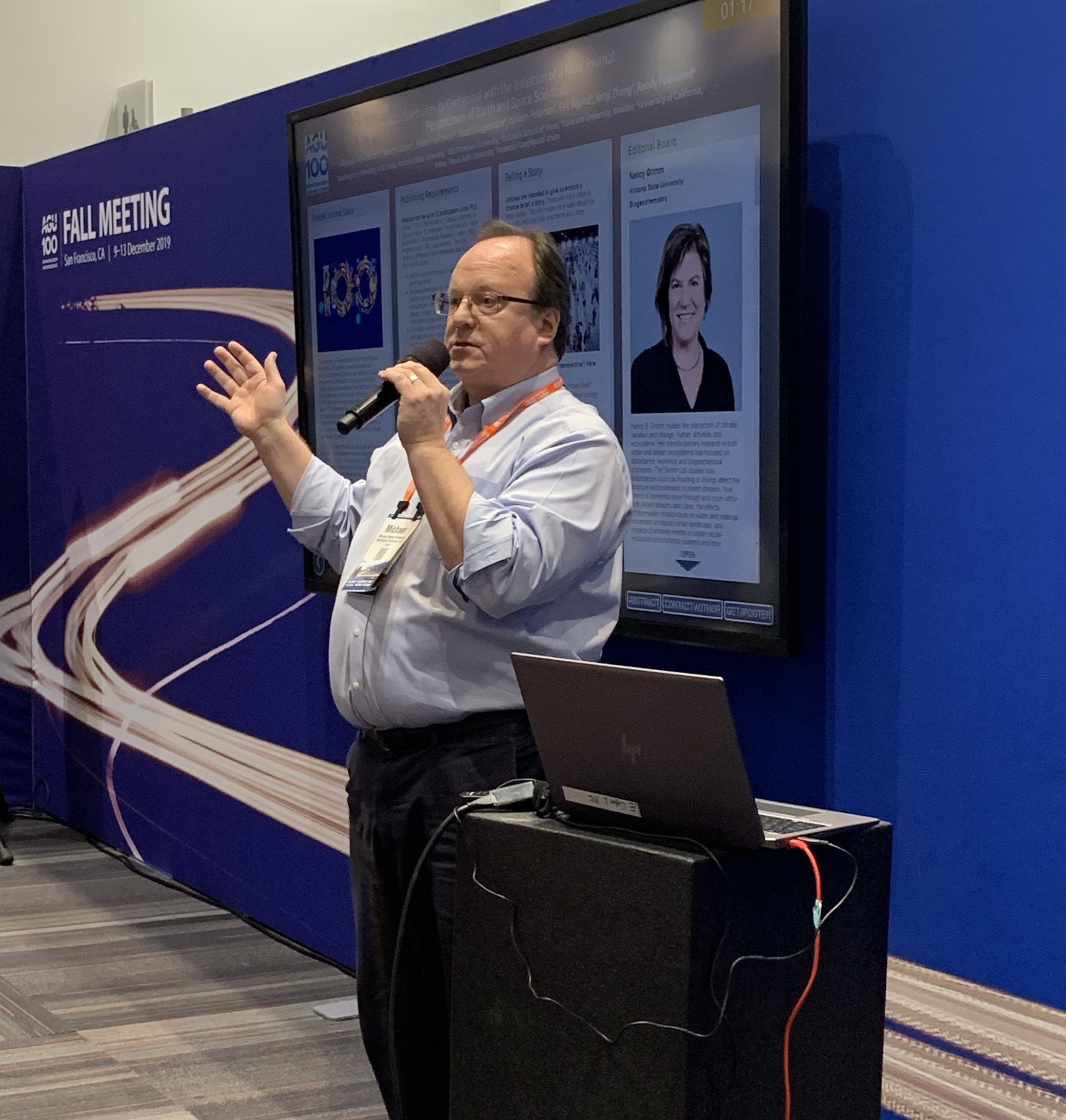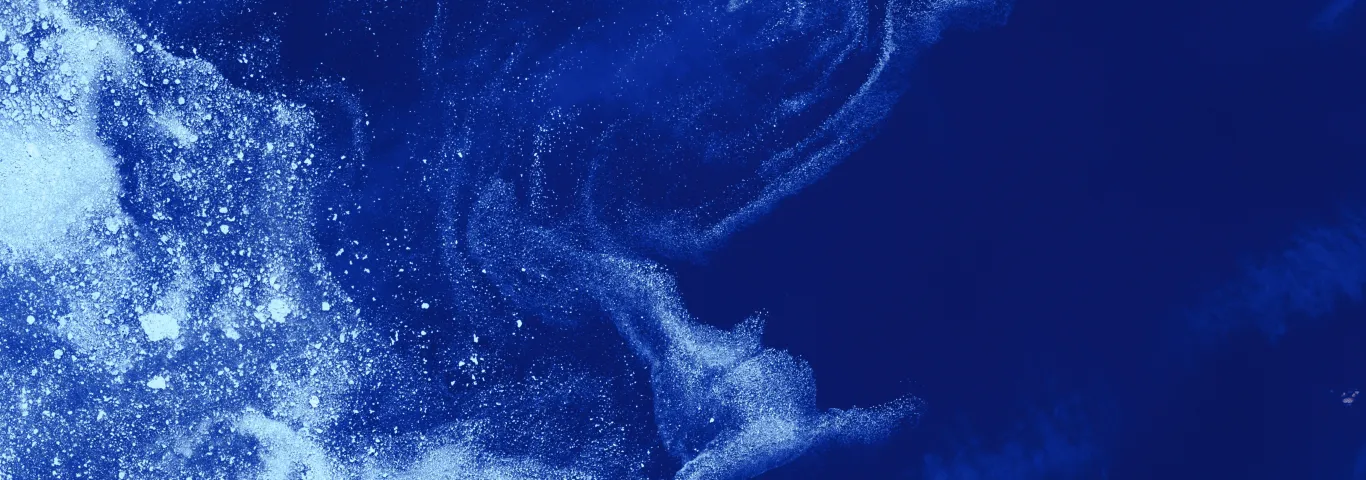Michael Wysession has been named editor in chief of a new peer-reviewed journal from the American Geophysical Union (AGU).
Michael Wysession, professor of Earth and planetary sciences, was recently appointed editor in chief for Perspectives of Earth and Space Scientists, a new peer-reviewed journal from the American Geophysical Union (AGU). The journal is unique in that its primary goal is to collect and share the stories of the people of AGU.

Leading up to their 100th anniversary, AGU began collecting short, impactful, emotional stories (similar to NPR’s StoryCorps). These snippets from real AGU members looked to the past, documenting the rich history of the field and of Earth and space scientists themselves, and aimed to inspire future AGU members, those who would see the organization through its next 100 years.
“This was something that originally came out of AGU’s College of Fellows,” Wysession said. “We wanted to document our history. As the project has evolved, looking backward is important, but what’s critical is that this is of value looking forward. We want to be inspiring, engaging, and informing future scientists in Earth and space science.”
This focus on the future guides the structure of the journal and its articles. “We’ve moved the articles away from a memoir or biography style, which is good because nobody really wants to read a drawn-out CV,” Wysession noted. “Instead, we’re telling stories in the literary sense, with a narrative arc, character development, a thesis, and a takeaway message.”
Creating a new literary-style journal has included some growing pains, Wysession said, but the model is gradually catching on. The first two volumes of Perspectives of Earth and Space Scientists are available through AGU’s online library. In the coming year, Wysession hopes to see many more submissions from diverse scientists, representing the rich array of perspectives comprised in AGU’s 60,000 members in 137 countries.
“The stories that have stood out so far have shared the struggles, the trials and errors, while still being funny, engaging, and informative at the same time,” Wysession said. “How do you break new ground? How do you meet a certain kind of challenge? What do you do when you build something and it doesn’t work? These sorts of stories I see as especially helpful to young scientists, not just in passing on accumulated knowledge from senior scientists, but also in helping them feel a connection to them, like they’re part of this large family.”
Wysession also won the Spilhaus Ambassador Award Grant at AGU’s annual meeting last December in San Francisco. The award supports his work with Washington University’s Institute for School Partnership (ISP).




